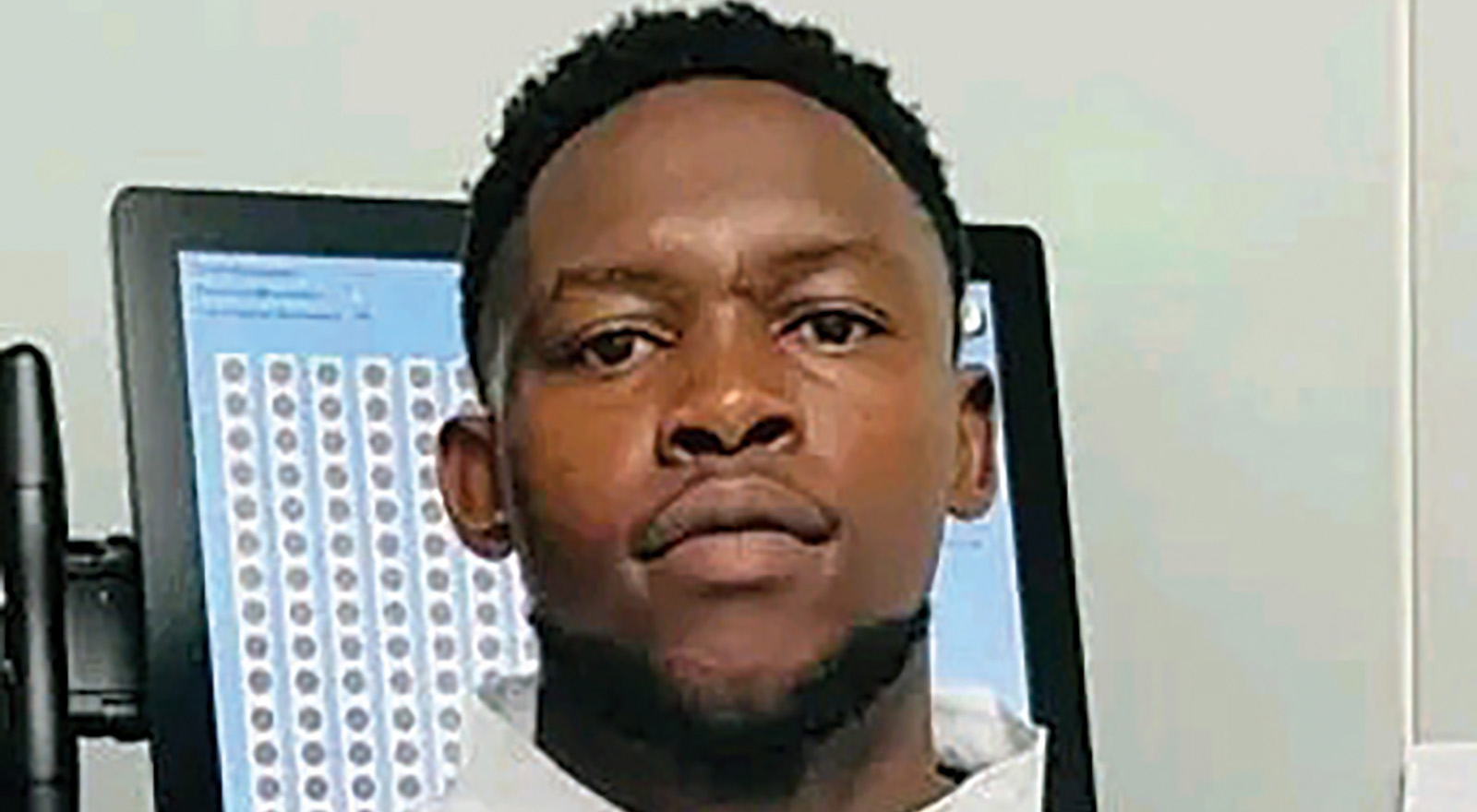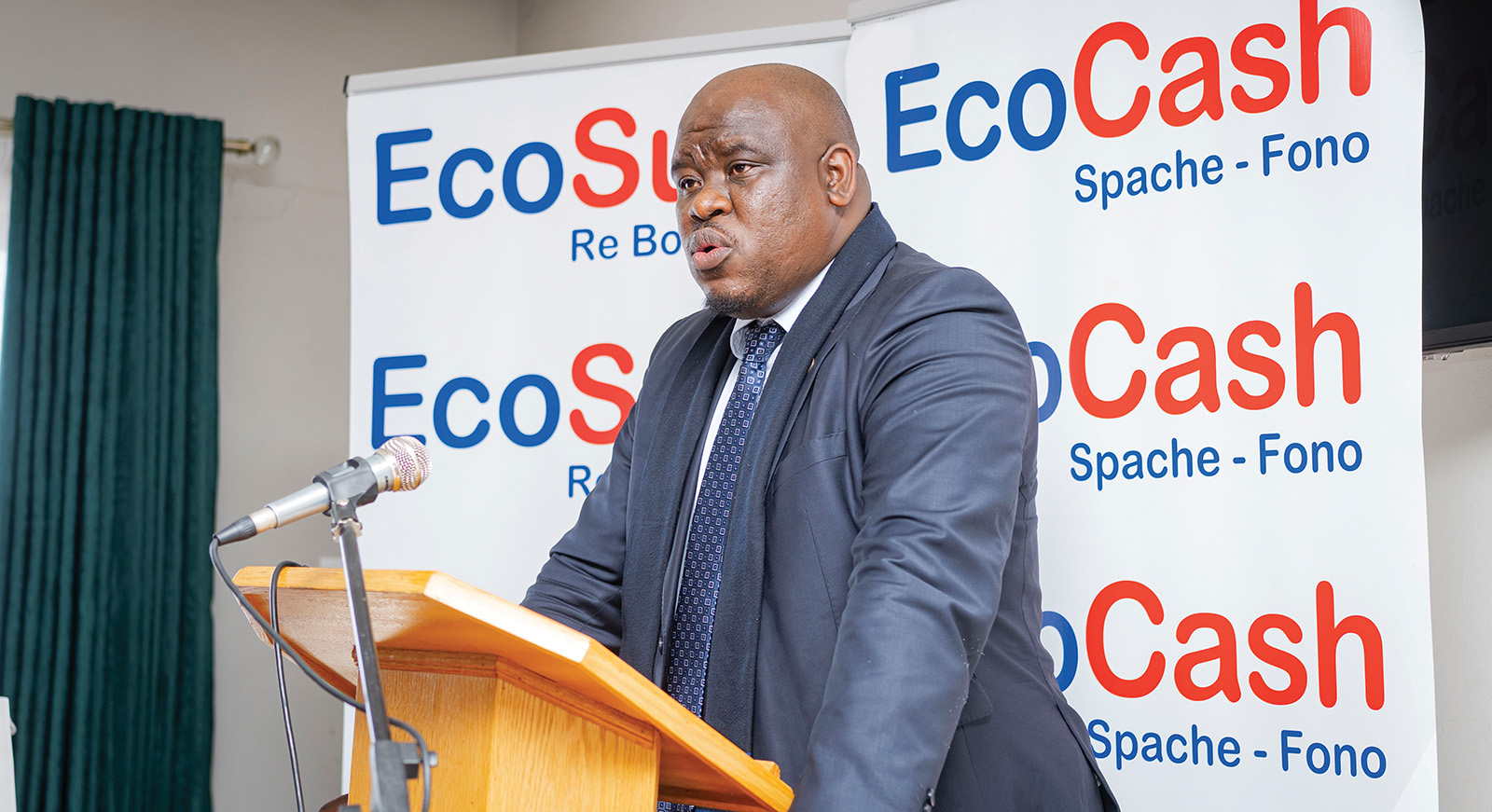Teen tech whiz builds smart gear for the blind

SHARE THIS PAGE!
Seventeen-year old Motlatsi Anthony Mphafi, a learner at Assumption High School in Teyateyaneng, is developing groundbreaking technology aimed at giving visually impaired people safer, more independent lives.
His project, Smart Assistive Glasses and Protective Gloves, combines AI-driven navigation with personal safety features to tackle two major challenges faced by the blind: restricted mobility and vulnerability to crime.
Mphafi’s motivation comes from his own observations.
“I realised that blind people are often treated without respect. Some are not even seen as human just because they cannot see or do things for themselves. I wanted to create something that not only helps them move around safely, but also protects them from harm,” he told theReporter.
At the heart of the design are AI-powered smart glasses, built around the Raspberry Pi 5 microcomputer.
Compact yet powerful, the device supports camera modules, voice recognition, and real-time image processing using Python and OpenCV. This enables the glasses to detect obstacles of all kinds: potholes, curbs, stairs, tree branches, doors, and even moving vehicles or pedestrians.
Through a built-in voice assistant, users receive instant spoken directions:
“Step up in two steps,” “Turn left, obstacle ahead,” or “Moving object approaching, wait.”
Complementing the glasses are electronic protective gloves. Acting as a single unit with the glasses, the gloves are designed for self-defence. On detecting a sudden movement or a user-triggered command, they can deliver a mild electric shock — strong enough to deter an attacker but harmless to human health.
The system also includes an SOS feature capable of sending emergency alerts to guardians, police, or medical services. Planned upgrades include GPS tracking for family members, bus stop QR code scanning, and deeper integration with mainstream voice assistants like Google Assistant.
For Mphafi, the project is about more than technology; it’s about restoring dignity and safety to a vulnerable group.
“Many blind people face not only daily navigation challenges but also serious risks such as crime and abuse, including instances of assault and exploitation. My goal is to give them the tools to feel more secure and independent,” he explained.
Mphafi intends to refine the design through direct engagement with the visually impaired. He plans to run trials in schools and organisations for the blind, collecting feedback on comfort, ease of use, and the clarity of voice prompts.
“I want the users themselves to shape the final design. They know their challenges better than anyone,” he emphasised.
To bring the prototype to life, Mphafi is appealing for sponsorships and technical support. His current needs include Raspberry Pi accessories, ultrasonic sensors, gloves, mini speakers, SD cards, power banks, and 3D printing for the glasses casing.
He is also seeking mentorship from engineers and programmers to advance features such as real-time GPS tracking and improved obstacle detection.
His immediate focus is completing the wiring and coding for object detection, fine-tuning voice commands, and testing the safety limits of the electric shock system before building a wearable prototype.
Mphafi’s vision extends beyond aiding the blind. He is already exploring additional innovations, including solutions to reduce car accidents and fatalities.
With his mix of technical skill and social commitment, Mphafi is emerging as one of Lesotho’s most promising young inventors. His work points toward a future where visually impaired people can move through the world with greater confidence, independence, and security.



NUL student’s groundbreaking findings
7 days ago
Man blames crystal meth for thieving spree
8 days ago
Youth jobs crisis: govt under fire
8 days ago
Jobs boom in Maputsoe
8 days ago
SEFS pumps M200K into LDF youth boot camp
9 days ago
POS to be fully localised: CBL
9 days ago
Budget cuts cripple parly committees
12 days ago
US reduces tariffs on Lesotho
12 days ago